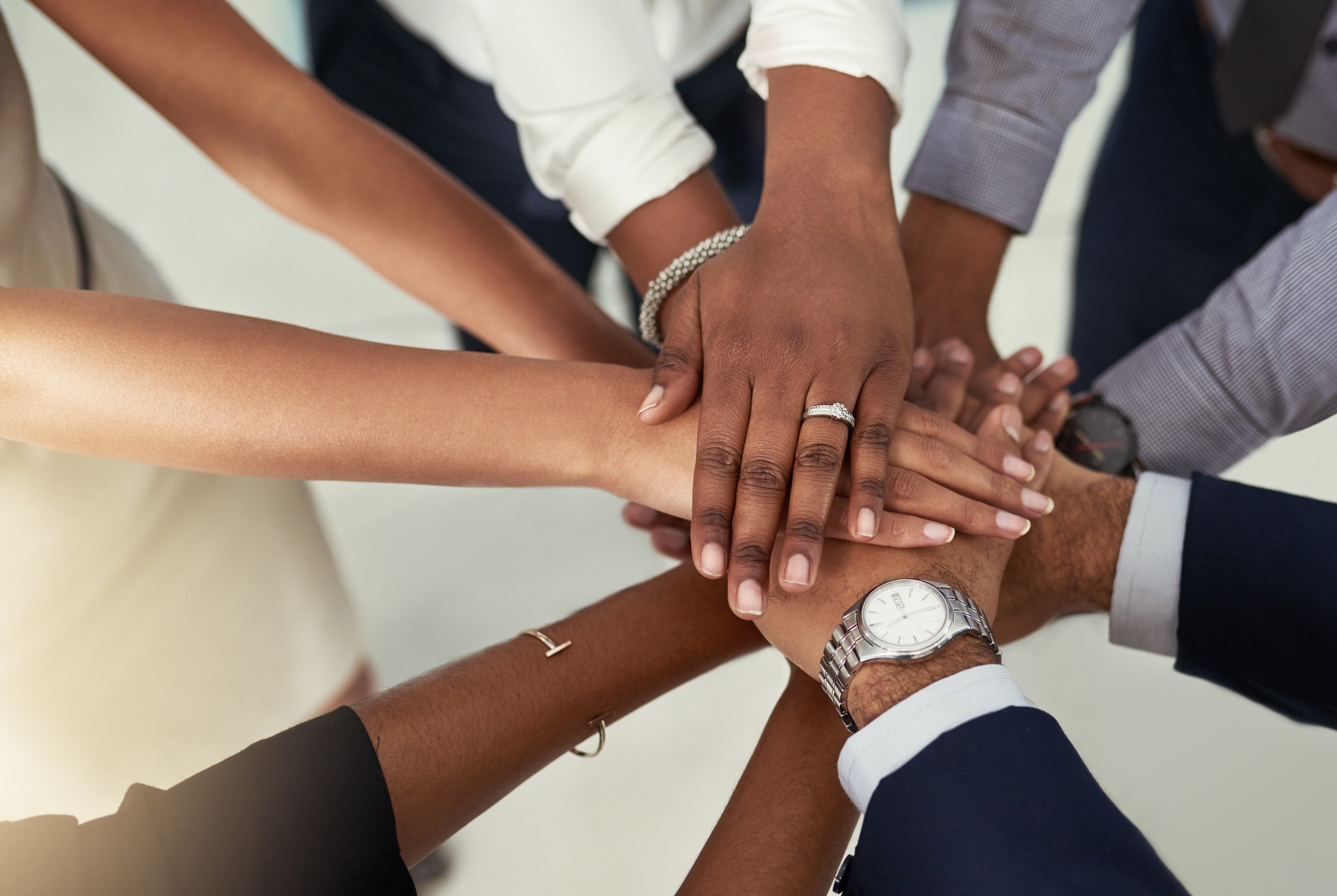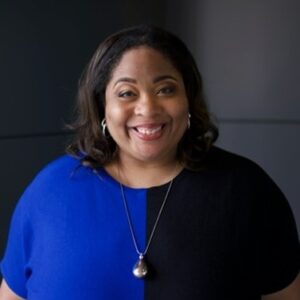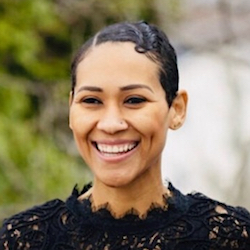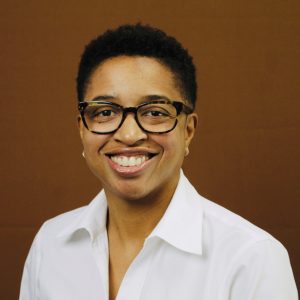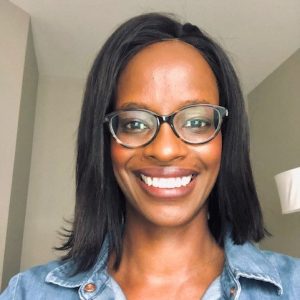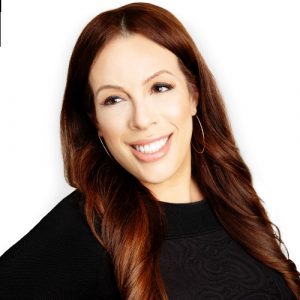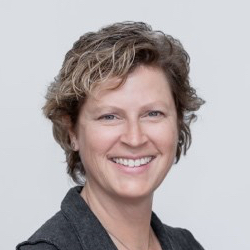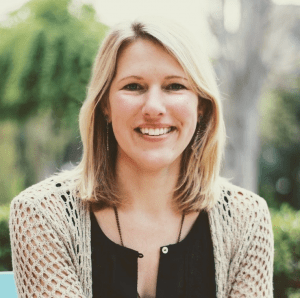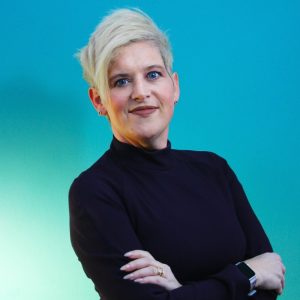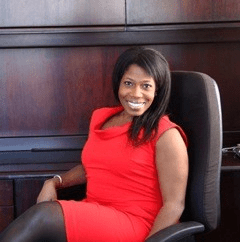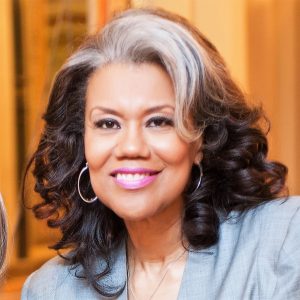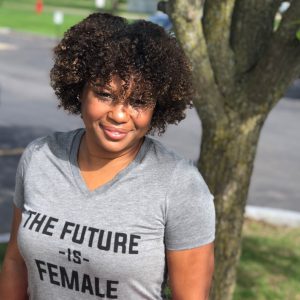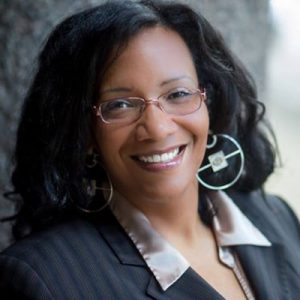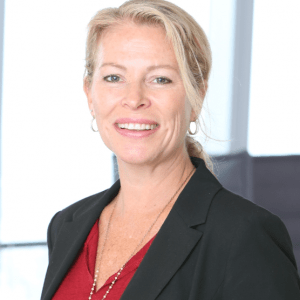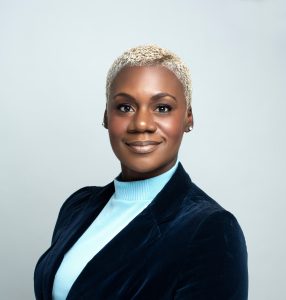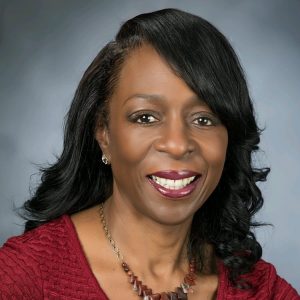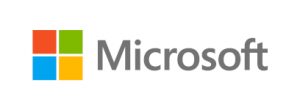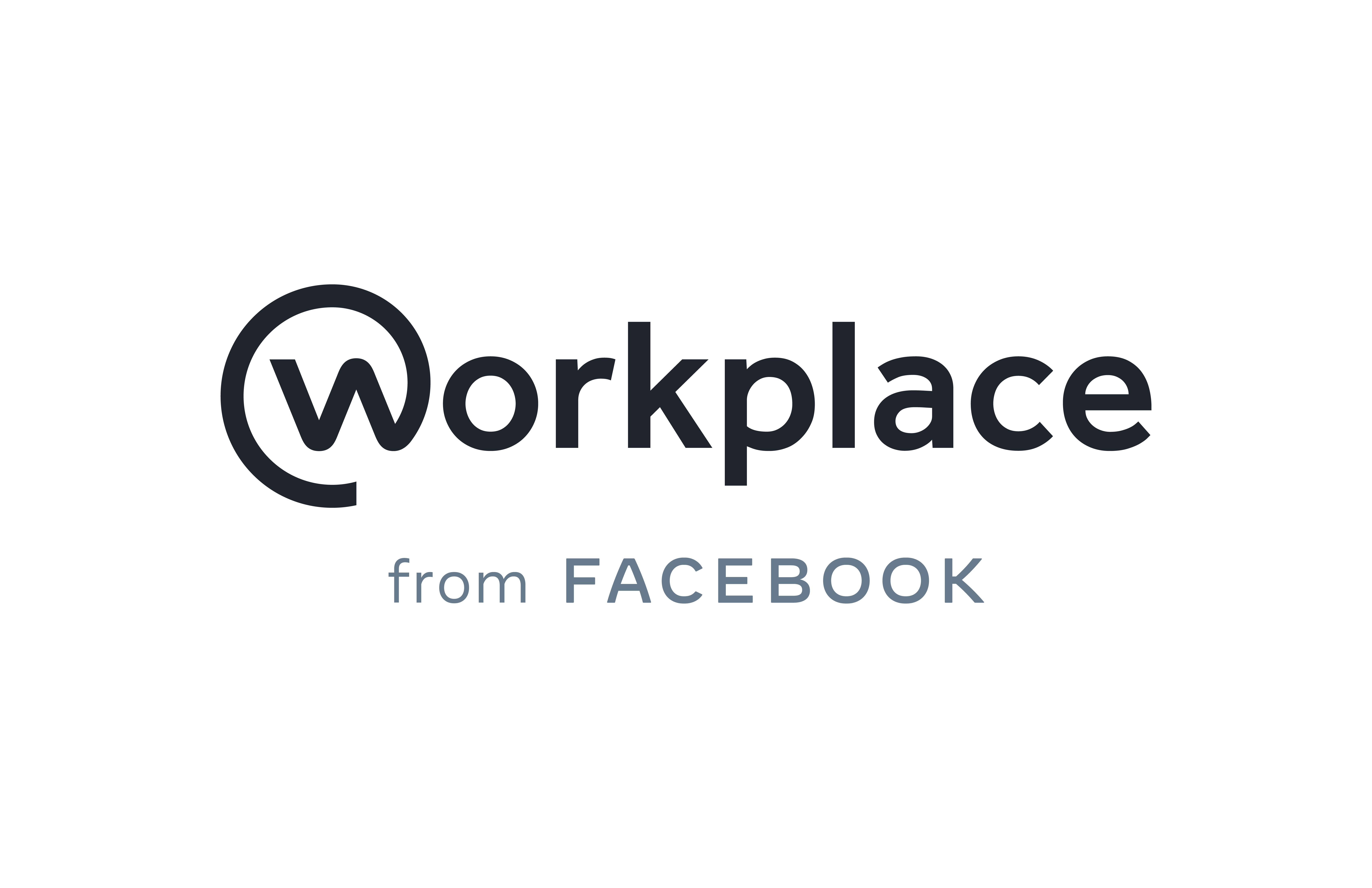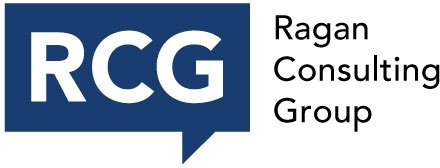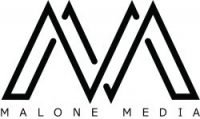The Communicator’s Role in Diversity, Equity & Inclusion
Sept. 17-18, 2020 - Eastern Time
The must-attend event to help you effect positive change in your organization
The senseless killings of Ahmaud Arbery, George Floyd and Breonna Taylor have woken up our nation to the systemic racism that exists in our organizations and communities. Top companies are pledging to do better for their employees, customers and stakeholders—and they need communicators to help them lead the charge on this.
Join Ragan and your peers for this must-attend virtual conference on Sept 17-18 that will give you thought-provoking and immediately applicable training you need to take action as a communicator and adopt the practices all businesses need to navigate social unrest, be a better ally to marginalized groups and thrive in the future.
Your platform as a communicator is powerful: attend this Ragan conference and get the insights you need to create a better workplace and a more powerful brand.
BONUSES FOR ATTENDEES:
- Access to speaker presentations
- Ragan Consulting Group's DE&I I.Q. Test: Find Out How to Make Your Organization More Inclusive
- Special Report: 10 Organizational Responses to Black Lives Matter
- Inclusive Language Guide Toolkit
- And more!
Ragan will be donating a portion of your registration fee to Black Lives Matter.
Learn how to:
- Increase employee engagement around diversity training, programs and events
- Go beyond statements to become an effective ally to Black Lives Matter, as an organization and individual
- Understand how systematic racism and biases against BIPOC, women, disabled people and other marginalized groups show up in the workplace and combat their harmful effects
- Create a diverse, inclusive work environment that gives employees the support they need to achieve business goals
- Develop achievable goals and programs that move the needle on DEI and commit to continuous improvement
- Four Perspectives: The Workplace Experience of BIPOC and Other Marginalized Identities
- Unconscious Bias Training and Inclusive Language
- White Fragility: What it is and how to combat it
- Intersectionality in the workplace: How identities, privilege and oppression intersect
- Supporting the wellbeing of Black employees during a time of crisis and trauma
- Why DEI initiatives will help your employees and business thrive
- Create Change: How to set and measure DEI goals for continuous improvement
- How leaders and managers can advance diversity, equity and inclusion
- Betterment: How to Improve DEI transparency, address and respond to shortcomings and criticisms
- Embracing celebrations and milestones: Strategies to storytell and showcase employees year-round
- The communicator’s role in advancing more equitable hiring practices
- Measuring the effectiveness of your DEI efforts
- Creating and running successful employee resource groups
- Building a more accessible and ADA compliant employee experience
- Strategies to establish and maintain an inclusive culture during social distancing and remote work
- #MeToo and Beyond: Using communications to advance gender equality in the workplace
- Meeting the needs of different generations in the workforce and confronting ageism
- Allyship: What Black Lives Matter allies must do in organizations and as individuals
What does the latest research say about the role of communications in diversity, equity and inclusion? We’ll examine some eye-opening findings and their implications in this opening session.
Nothing more clearly illustrates the importance of diversity, equity and inclusion than the lived experiences of those directly impacted by oppression, biases and marginalization. During this opening session, we invite four professionals to share their stories of how their identity has shaped their careers and experiences in the workplace. Their stories shed light on why businesses of the future must commit to diversity, equity and inclusion or risk being perceived as irrelevant or obsolete. Join us and gain a deeper understanding of their struggles and a first-hand perspective on what communicators need to be doing today to advance diversity, equity and inclusion in organizations.
Diversity, inclusion and belonging are NOT “just an HR thing.” We are in a time that requires internal stakeholders at all levels to recognize the seriousness and impact of our words on how welcome and included our employees feel and how stakeholders perceive us. Diversity and inclusion efforts will continue to fail without communicators becoming more equipped and involved.
Kim Clark, experienced diversity and inclusion communications expert, will help us tackle our own unconscious biases, acknowledge areas where bias exists and help us see that we are well positioned to be more intentionally inclusive in our language and communications—which in turn helps our organizations lower unwanted attrition, be more innovative and increase employee engagement.
You’ll learn:
- What unconscious bias is, how it shows up and the impact it has
- How to address your biases in order to fulfill your role in promoting diversity, inclusion and belonging
- How to partner with HR, employee resource groups, executives and people managers to improve the impact of company-sponsored and grassroots efforts
- Use your understanding of unconscious biases to craft more effective communications
- How to help managers design their teams for belonging
- How to be and how to teach others to be a conscious communicator and adopt more inclusive language in your communications and writing
What are the expectations of the Communications Team when it comes to supporting Diversity and Inclusions (D&I) programs inside the workplace? Join our fireside chat with Jo McRell – Diversity Communications Lead at Facebook as she shares insights and learnings on how Facebook approaches D&I communications and take back practical tools you can incorporate into your D&I plans for the coming year.
Two of the biggest barriers to thoughtfully addressing DE&I are the difficulty many white people have talking about race, and our lack of understanding of how privilege and oppression intersect. Having difficult conversations about race and considering how identities overlap is critical to crafting thoughtful, inclusive communications that resonate with internal and external audiences. During this session, we’ll look at how intersectionality and white fragility can be used as a lens for communicators to avoid alienating audiences and build trust with internal and external audiences.
Learn how to:
- Understand what is meant by the terms intersectionality, white privilege and white fragility
- Identify examples of white supremacy ideology in current communications
- Use your understanding of how privilege and oppression intersect to resonate more deeply with audiences and better examine your own point of view and your limits as a content creatorAvoid messages and actions that generalize the experience of groups or treat them as one-dimensional
- Craft nuanced messaging that acknowledges the diverse and multifaceted experiences of employees, customers and other stakeholders.
You control the content in this fast-paced Q&A session with a panel of our expert speakers. They’ll workshop, brainstorm and tackle your biggest challenges around DEI in your organization. This is a chance to ask the burning questions you’ve had on this very complex topic.
For years, the Black community has had to witness brutality and injustice in the headlines and on social media, most recently with the murders of Ahmaud Arbery, George Floyd and Breonna Taylor. It is critical that organizations offer Black employees support as they process social injustice, systemic racism and these traumatic recent events. During this session, you’ll learn best practices for offering resources during these difficult times.
Learn how to:
- Provide safe forums for Black employees to express their thoughts and feelings
- Listen closely to what Black employees say they need to feel supported in your organization
- Avoid minimizing or negating the experiences of Black employees in your conversations
- Take action to show allyship to the Black community as they process and respond to injustice
For any organization to be successful, its employees need to have an environment where they can do their best work. It is also needs to have the trust of a public increasingly critical of how major companies address racism and social justice. During this session, we’ll discuss why diversity, equity and inclusion initiatives are critical to ensuring your business is positioned to weather the economic strain posed by COVID-19, how to set measurable, attainable goals, and how to work on them in meaningful ways every day
Learn how to:
- Make the business case and gain buy in from internal stakeholders for a more diverse, equitable and inclusive workplace
- Identity weak spots and areas for improvement
- Set ambitious but attainable DEI goals, and tie them directly to business goals
- Show business leaders the impact of DEI initiatives of employee engagement, innovation and public reputation
Historically, matters of diversity, equity and inclusion have fallen solely in the domain of human resources. Today, organizations realize that communications play a huge role in the success of these initiatives, whether you’re speaking to employees, customers or other stakeholders. Yet, silos still remain between the two departments. Join us for a look at how communicators and HR professionals can work together more efficiently to achieve important progress.
Learn how to:
- Work collaboratively with HR to identify areas of improvement, collect employee feedback, and improve communications around DEI
- Ensure DEI programs feature thoughtful and comprehensive messaging to internal and external audiences
- Make DEI an integral part of your employer brand
- Regularly spotlight DEI progress made by your HR team in your PR efforts
We are in a pivotal time in history. In the middle of a pandemic, millions of Americans watched George Floyd being mercilessly killed on television. This incident was followed by protests and, eventually, the rise of the Anti-Racism movement. With the “race stigma” now eliminated, many organizations want to step up their DEI approaches. They want to move beyond episodic DEI events, and business resource groups, to efforts initiated and led by senior leaders. So, how can you get senior leaders more involved in your organization’s DEI efforts? In this session you will learn how to:
- Apply three simple tactics to inspire senior leaders to participate in and lead DEI efforts
- Move beyond episodic DEI to cultural DEI
- Respond to dissenting opinions in senior leadership
- Gain confidence with asking senior leaders to be more involved
- Articulate a clear, concise and engaging business case for change
Join your peers for thoughtful, moderator-led discussions on what it means to be an ally as a communicator, and how we can create change in our organizations, industries and the world. Sign up ahead of time and you’ll be assigned to a virtual table with colleagues in similar industries as you, where you’ll be given conversation starters to get you thinking critically about diversity, equity and inclusion.
No organization can chart a path forward to equity without first taking stock of their past shortcomings, current progress and areas of weakness. Addressing failures can feel risky, but this transparency is crucial to doing better when it comes to diversity, equity and inclusion. Join us for a discussion on how to tackle this necessary process. We’ll look at examples of companies that have successfully course-corrected after past mistakes and effectively demonstrated their commitment to doing better.
Learn how to:
- Show leaders the value of being transparent about DEI statistics and initiatives, by following case studies of other organizations that have been successful in doing so
- Critically assess your current commitment to diversity, equity and inclusion and find areas for improvement
- Borrow tactics from other organizations that have thoughtfully responded to criticism with statements backed up by an action plan
- Listen to stakeholders to understand what needs to be done to correct past wrongs and improve in the future
Stories are a powerful tool to shed light on social justice issues, and no one is better poised to highlight those stories in your organization and brand than you, the communicator. During this session, we’ll explore how you can showcase powerful and thoughtful stories about the experiences of BIPOC, the LGBTQIA community, and other marginalized groups during times of celebration and year-round.
Learn how to:
- Recognize Black History Month, Pride Month and more in meaningful ways that place the experiences of employees front and center.
- Make a commitment to showcasing diverse perspectives in your brand stories all year
- Recognize your biases as a storyteller and be respectful and thoughtful when documenting the experiences of others
- Use storytelling to amplify the voices of marginalized groups and advocate for justice in your organization and community
A strong organizational culture depends on having a workforce comprised of employees with unique perspectives and experiences. Yet all too often, organizations fall short on hiring diverse talent. During this panel, we'll explore how more equitable hiring practices can improve culture and reputation, and how communications impacts various aspects of the recruitment and hiring process.
You'll learn:
- How bias against marginalized groups shows up in various areas of the hiring process
- The role communications plays in creating more equitable hiring processes
- Why a diverse team can help your communications team and organization thrive
- How to attract diverse talent and strengthen your reputation through an inclusive employer brand
ERGs can be hugely beneficial to your workforce—if they’re structured and maintained correctly. During this session, you’ll hear from companies who have cracked the code on running employee resource and affinity groups that are beneficial and enlightening to employees. Discover how to start or improve groups in your own organization and the key role communications play in their success.
Learn how to:
- Gain buy-in to start or improve an ERG program in your organization
- Collect useful feedback from employees to improve the form and function of ERGs
- Give groups the resources they need to have constructive conversations about race and social justice
- Use communications to give ERGs greater visibility in your organization
Millions of Americans live with disabilities and while the law offers some protections in the workplace, many employers are falling short on ensuring that their culture is inclusive and equitable to this marginalized demographic. Join us for a conversation about some of the workplace challenges faced by people with disabilities and ways that communicators can build a more inclusive culture and employee experience.
You’ll learn:
- Ways in which the traditional workplace experience and culture is alienating to people with disabilities
- Key principles of the ADA that communicators should be familiar with
- How to adapt and transform existing practices to build a workplace that is inclusive to everyone
- How to show senior leaders the value of creating a more accessible workplace experience and push for change
Words matter when it comes to diversity, equity and inclusion. The language you use to describe your initiatives can make or break your attempts to build a better workplace and a stronger, more purpose-driven brand. During this session, you’ll learn some important things to keep in mind as you craft PR statements, program descriptions, speeches, brand stories, and more about diversity, equity and inclusion. We’ll look at examples of effective messaging and ones that missed the mark.
Learn how to:
- Use inclusive language in your messages and avoid offensive and outdated terms
- Understand how bias can slip into your writing and develop a review process
- Craft content with powerful action-oriented messages and avoid empty statements and jargon
- Choose the right medium and tone for your messages and carefully consider context
Creating an inclusive and diverse workplace has numerous business and cultural benefits for an organization. Come learn actionable strategies, campaigns, and methods you can employ to begin delivering a modern employee experience. We demonstrate how you can use Yammer and Microsoft 365 to:
• Build and manage open communities of interest
• Create and share inclusive comms campaigns
• Host townhalls around topics and initiatives
• Navigate challenging conversations to create a culture of open sharing.
Come with an open mind, leave with the resources, skills, and confidence to create stronger D&I initiatives at your company.
Even with women making tremendous strides in the workplace over the past decades, and more recently making their voices heard during the #MeToo movement, there is still work to be done. During this fireside chat, you’ll discover some of the obstacles still preventing gender equity in the workplace and perpetuating sexism in brand messages, and how communicators can help create progress.
You’ll learn:
- Ways in which traditional facets of workplace culture are not gender inclusive
- How internal communicators can be more cognizant of the challenges facing working moms
- How to increase transparency around gender equity in your organization
- How your PR and marketing initiatives may be alienating women and gender-nonconforming audiences
- Strategies to make your culture more inclusive to everyone regardless of gender identity
- Lead bold and transparent conversations around the #MeToo movement and create a safe space for all employees
Stereotypes abound about different age groups and that can make it difficult to think thoughtfully about the differing needs of Gen X or millennial employees. Join us for a discussion about some common misconceptions about generations and how communicators can better engage these groups by understanding their experiences.
You’ll learn:
- How to adapt your messages and channel choices for different generations in the workplace
- Ways in which ageism shows up in communications and how to combat it
- How to ensure your employer brand is attracting talent of all ages
- What resources employees of different generations may need more and how to ensure equal access
As racism continues to claim the lives of Black individuals worldwide, many are realizing that they must lend their voice to groups calling for justice. But to create real change, statements and one-off actions aren't enough—communicators and organizations need to make a sustained commitment to new practices. Join us for a discussion on what supporting Black Lives Matter looks like in 2020 and how you can keep the momentum going in achieving progress.
If you are interested in submitting a speaker proposal, please contact Meghan Madhavan at meghanm@ragan.com
WHO SHOULD ATTEND?
Internal Communications • Employee Engagement • Diversity, Equity and Inclusion • HR Communications • Public Relations • Corporate Social Responsibility • Social Media • Corporate Culture • Media Relations • Wellness
| Early Bird Rates (Until 8/18/20) |
Regular Rates | |
|---|---|---|
| Registration | $799 | $899 |
| Ragan Insider Member Registration | $649 | $749 |
| Nonprofit Registration | $599 | $699 |
Phone registrations and group pricing: For group orders please contact our customer service team at 800-878-5331 or cservice@ragan.com
Thank you to our current sponsors
Join us as an event sponsor and meet your target audience, showcase your products, present thought leadership, generate leads and boost your brand.
Here are a few examples of opportunities we offer:
- Speaking sessions on our main agenda
- Lightning talks on our main agenda
- Pre-conference workshop sessions
- Bonus breakfast sessions
- One-on-one meetings
- Networking passes
- Marketing collateral and on-site branding
- Ragan and PR Daily Awards sponsorship
For more information on opportunities available at this specific event, reach out to sponsorship@ragan.com.
Ragan events are educational, inspirational and fun!
Our sponsors are an important part of the success of each event.
Registration
For questions related to event registrations, please contact:
Shallon Blackburn
Customer Service & Sales Manager
ShallonB@ragan.com
Sponsorship
If you’re interested in sponsoring this event, please contact:
Hannah Lavelle
Sales & Client Relations Manager
HannahL@ragan.com
Program
For information on programming and speakers please contact:
Meghan Madhavan
Manager of Strategic Programming
MeghanM@ragan.com
VIRTUAL CONFERENCE FAQ
What is a Ragan Virtual Conference?
- A Ragan Virtual Conference is a live stream of our conferences. Our virtual conferences are streamed over the web at the time of the event. If you are unable to attend the virtual conference during its scheduled time, an archived version will be made available to all virtual conference customers 3-5 business days after the event and will be available for 12 months.
Is the virtual conference accessible to both PC and MAC users?
- Yes. Since it is broadcast over the web, the webcast can be accessed on both MAC and PC.
MAC Users
- Mac OSX 10.4 or greater
- Intel-Based Macs Only
PC Users
- Windows 10
- Internet Explorer 11.0 or better
The presentation sometimes stops and/or "freezes." What can be done?
- Because a webcast is a video stream, its ability to play without interruption, is dependent on your location and the amount of bandwidth you have available to you. When bandwidth drops down, you may experience brief buffering pauses. Outside of increasing your bandwidth, there is nothing you can do but wait for buffering to catch up. The event is being recorded and the on-demand recording will be made available to you after the event has concluded.
Customer service
- If you have any questions or need to register by phone, please call customer service at 800.878.5331 or 312.960.4100.

